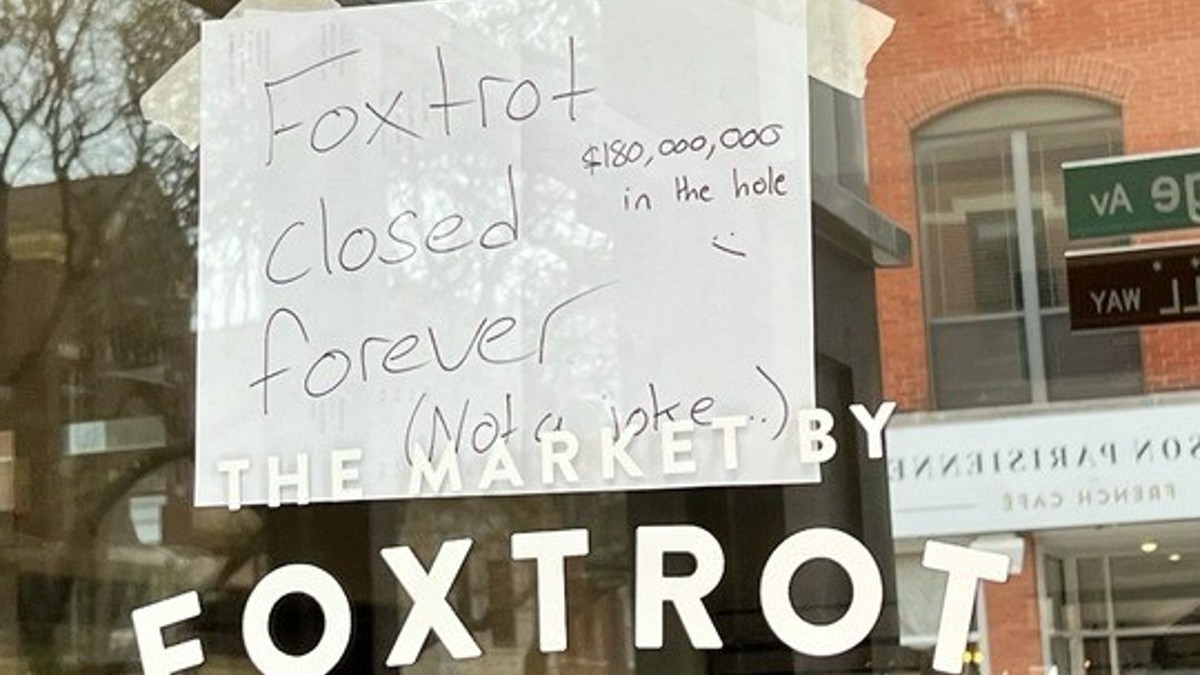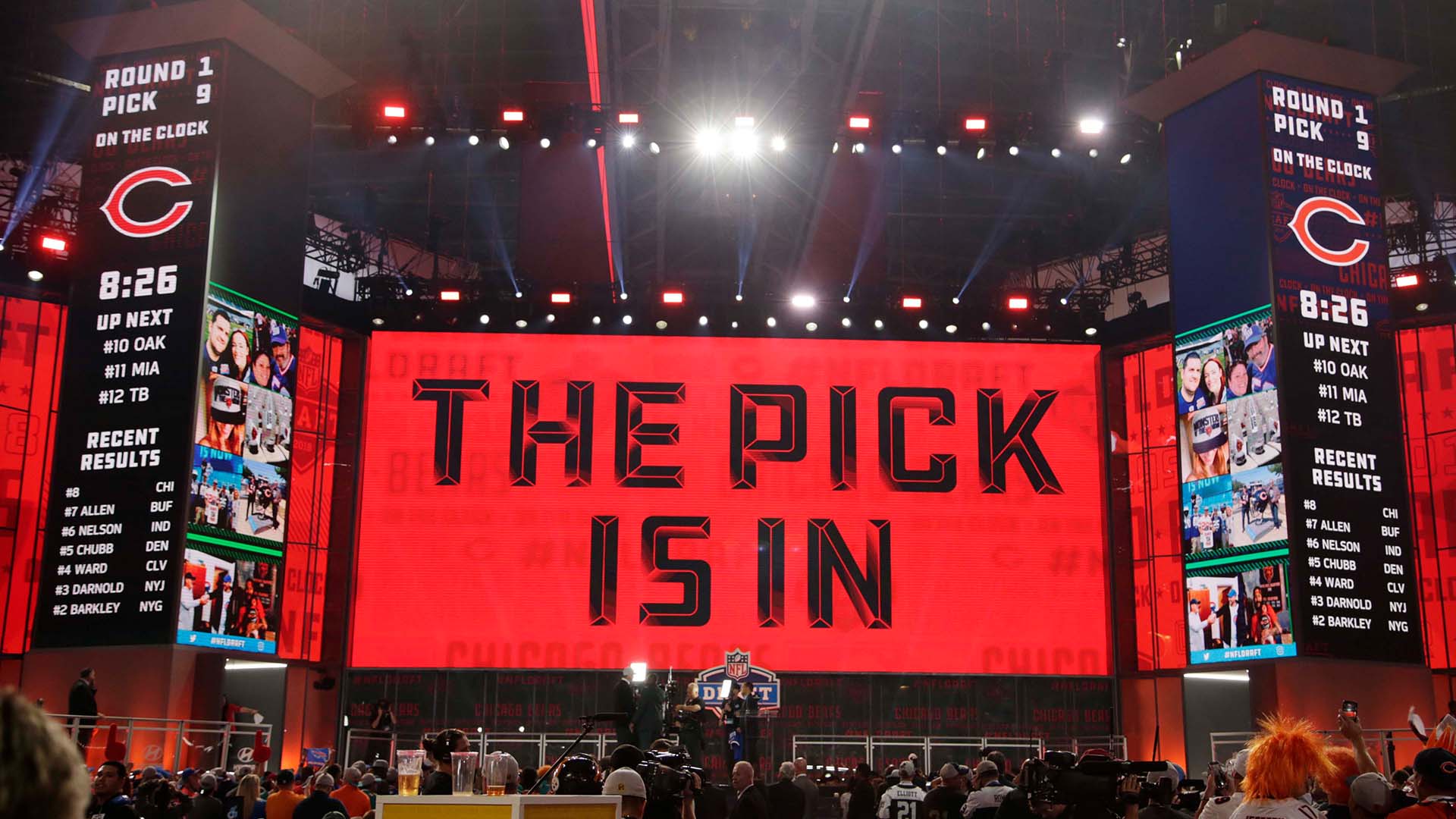Homeless people living in tents under viaducts on Chicago's North Side were forced out of their homes as construction for bridge repairs in the area was set to begin Monday morning.
Hours later, a judge denied a temporary restraining order filed on behalf of the group, saying Illinois' homeless bill of rights does not grant the homeless superior rights.
Police and protesters were at the scene near Lake Shore Drive and Wilson Avenue as one tent remained just minutes before the 7 a.m. deadline.
Several other residents of the so-called "tent city" had moved out already, but resettled just yards away. On a given morning, up to 75 people, living in 45 tents can be seen living under the viaducts at Wilson and Lawrence Avenues.
"Housing is a human right," said Pastor Fred Kinsey with Unity Lutheran Church. "The city is putting profits before people."
Their eviction follows a federal judge's ruling that the homeless tent dwellers had no constitutional right to demand that the city provide housing, and that their tent city did not qualify as a first-amendment protected statement.
"Chronic homelessness is a serious social problem that has many sources and no easy solutions," the judge said. "In a country that long has contended a person's home is his castle, it is a status we would wish on nobody."
Federal Magistrate Judge Sidney Schenkier conceded that the so-called "tent city" seems to be a community, where residents and advocates care for each other, and that there have been expressions of goodwill from both sides of the issue.
"Despite the efforts of advocates," he said, "there is no silver bullet solution."
Local
Attorneys representing a de-facto advocate group, Uptown Tent City Organization, argued that the tent city residents should be allowed to relocate to a nearby park if they are forced from the viaducts, and that their tents represented a constitutionally protected free speech.
But Schenkier declared the Supreme Court has long ruled that government is not under a constitutional mandate to provide housing, and that there was no dispute that "the roadwork is absolutely necessary."
Schenkier said in actuality, the roadwork should have started sooner, but had been delayed by the state's budget woes.
The construction project aims to repair the bridges and add bike lanes underneath Lake Shore Drive. The new lanes will likely prevent anyone from being able to set up tents there again.
"The viaduct does need fixing up but so do we," said "tent city" resident Carol Aldape. "We need to have a place that we can fix up."
A group of about 20 people packed up their tents and moved just west of the viaducts Sunday night. An attorney for the homeless said that is a public right of way and they can't be forced to move.
"People are on public way, where they have every right to be," said Uptown Tent City organizer Ryan Poelker.
The group has refused to go to the Pacific Garden Mission shelter the city has offered to move them to.
"We have been offering multiple shelters, not just Pacific Garden Mission," said the city's Deputy Commissioner of Homelessness Alisa Rodriguez, who noted that over 18 months, 53 people from underneath the viaducts have moved into permanent or temporary housing.
Rodriguez said any tents and property removed from under the viaduct will be stored and inventoried for "tent city" residents to pick up later.



